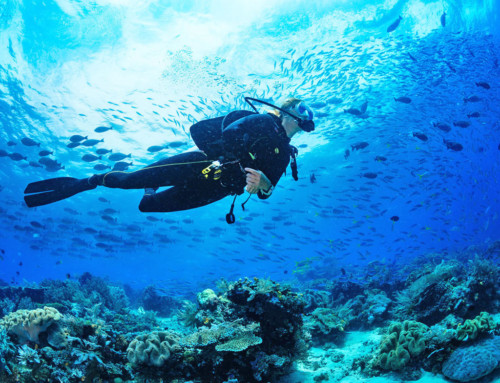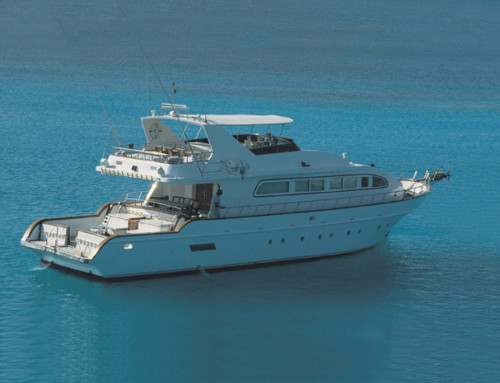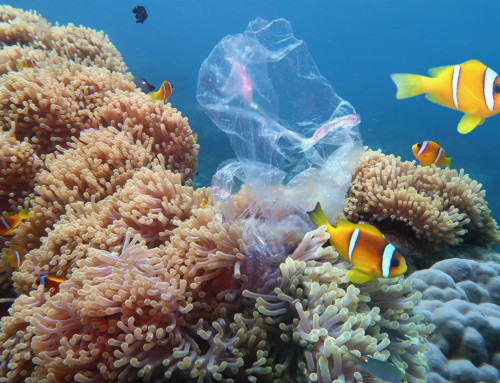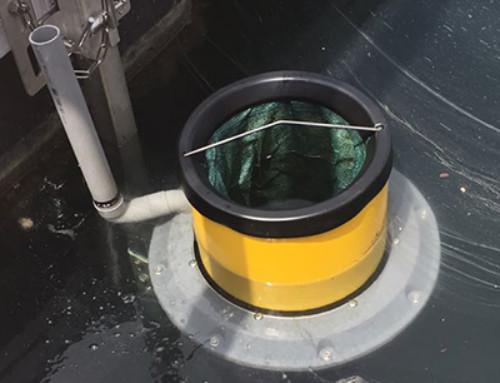Almouj Marina at Al Mouj Muscat recently announced a set of successful results in its landmark Oyster Long-lines Eco-experiment. The project, the first of its kind in the Middle East, has successfully introduced oyster long-lines to Almouj Marina and grown viable sized oysters in just six months. The success of Almouj Marina’s eco-experiment could have a huge impact on the world’s oyster industry, which has experienced a rapid decline in the oyster population over the last decade.
A long-line is a rope anchored at the bottom of the sea at both ends with the middle maintained at the surface of the water by buoys. The oysters are attached to “droppers” from the surface line, allowing good water movement and facilitating growth. Lines have also been used to grow scallops and seaweed. The lines utilized in the Almouj Marina venture are the longest ever used for such a project, being approximately 100 meters in length.
Khalil AbuJaber, Marina Manager of Almouj Marina said, “The success of this venture is a milestone moment for Almouj Marina, as we continuously implement eco-friendly practices to ensure clean water. As the Sultanate’s premier marina, we constantly look for ways to support Oman’s marine environment and develop sustainable projects that will benefit local communities.”
Spearheaded by Dr. Olivier Guelorget, Aquaculture Advisor to the Ministry of Agriculture and Fisheries and Project Manager of the Oyster Long-lines Eco-experiment, no deaths were recorded among the Almouj Marina oysters, a stunning result when compared to the 25 per cent mortality rate in juvenile oysters adapting to environmental conditions. The breakthrough experiment has also had a positive impact on surrounding waters where researchers have recorded an increase in biodiversity. Additionally, the oysters’ function as natural filters have left Almouj Marina free of chemical and microbiological contamination. Rigorously researched and thoroughly planned, the breakthrough oyster venture could bring further benefits to Oman which include the continued diversification of the Sultanate’s fishing industry and the potential creation of a new source of revenue for local fishing communities.
Dr. Olivier Guelorget commented, “As the population of oysters continues to decline globally, the importance of these developments cannot be understated. The oysters introduced to Omani waters have developed rapidly, shown high quality shells, were successfully tested in several major hotels and restaurants in Muscat, and were preferred over imported oysters of France. The exceptional growth of the oysters and the increase in biodiversity is a testament to Oman’s potential as a sanctuary for mollusks and other wildlife. Our success could herald a new era for the global oyster industry by helping to rejuvenate its population.”
Wayne Shepherd, General Manager of Mourjan Marinas added: “We take preservation of the environment into serious consideration when we build and manage our marinas, and the success of this experiment is evidence to that. We are proud to be part of these conservational activities which reflect Mourjan Marinas’ commitment to creating eco-friendly environments across all of our facilities.”
Initially launched in May 2014, the first experimentations were carried out at the bottom of the marina. Since then, more than 10,000 spats have been introduced with hopes that the project will diversify the local economy and supplement the livelihoods of Omani fishermen. As the experiment moves forward, plans are already underway to have Almouj Marina’s oysters officially classified as the Omani Oyster and given protected status. The Sultanate was chosen to host the experiment given the natural productivity and health of its coasts, which were perfectly tailored to growing shellfish and seaweed. As the landmark project enters a new phase, hopes are high that the successful growth of delectable oysters will be the first of many milestones to come.









